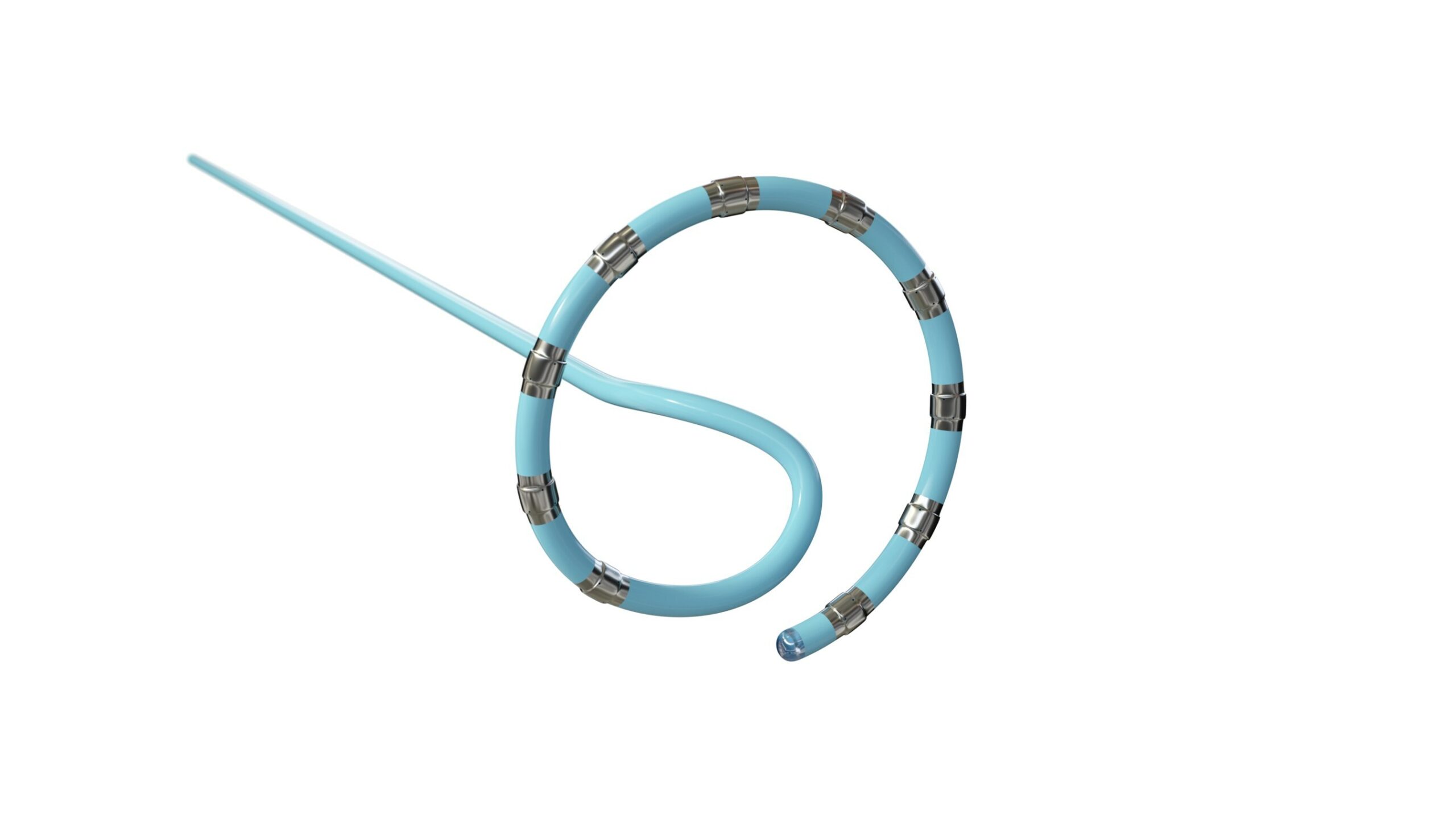
Biosense Webster, a part of Johnson & Johnson MedTech, has received Japan’s Ministry of Health, Labour and Welfare (MHLW) approval for its Varipulse pulsed field ablation (PFA) platform.
The PFA platform is intended for the treatment of symptomatic drug refractory recurrent paroxysmal atrial fibrillation (AFib).
It comprises a Varipulse Catheter, a variable-loop multielectrode catheter; Trupulse Generator, a multichannel PFA generator; and CARTO 3 System, a 3D cardiac mapping system.
Varipulse platform is said to be the first and only Carto-integrated PFA system that enables an intuitive and reproducible workflow with real-time visualisation and feedback mechanisms.
Biosense Webster president Jasmina Brooks said: “At Biosense Webster, we are working to deliver a differentiated PFA portfolio integrated with 3D cardiac mapping to address the real-world, unmet needs of electrophysiologists and the patients they treat.
“Today, we celebrate this milestone approval of the Varipulse Platform, the first and only PFA system approved in Japan.
“We are excited to continue to advance PFA clinical studies globally and look forward to the positive impact this innovation will deliver to patients everywhere.”
Catheter ablation is a minimally invasive procedure to treat heart rhythm disorders, including AFib, by delivering heat (radiofrequency ablation) or cold (cryoablation).
PFA represents a new approach to treating AFib, which uses a controlled electric field to selectively ablate cardiac tissue that causes irregularity in the heartbeat.
It leverages the irreversible electroporation (IRE) process to deliver the electric field, which reduces the risk of damage to surrounding tissues.
The Varipulse PFA platform has been evaluated in the inspIRE clinical trial in Europe.
Early results from the study showed a one-year clinical success of 78.9%, defined as freedom from documented symptomatic atrial arrhythmia recurrence.
The clinical trial also showed a notable safety profile, with no primary adverse events reported.
The platform’s unique pulse sequence, catheter design, and CARTO 3 System integration enabled a simplified workflow and effective procedures, said the medical device company.
Nippon Medical School department of cardiovascular medicine professor and Japan Heart Rhythm Society president Wataru Shimizu said: “The approval of ablation therapy using pulsed-field energy in Japan will further advance the treatment of arrhythmias.
“Together with the integrated 3D mapping system, this innovation has the potential to provide more advanced treatment and further improve safety.
“The increasing diversity of treatment technologies means that healthcare providers who seek to cure atrial fibrillation have options tailored to each patient’s condition.”






